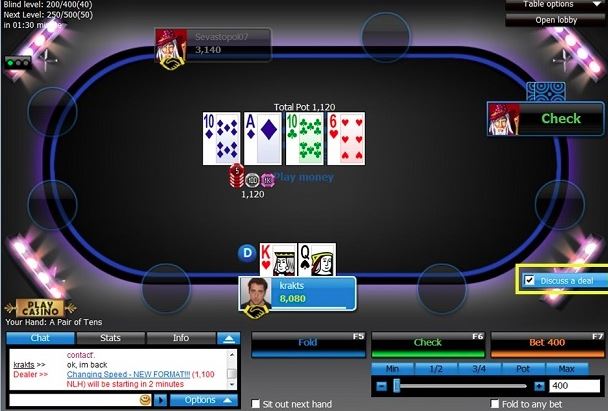Playing poker online can be a thrilling experience, but it’s essential to prioritize your safety and security while enjoying the game. With an increasing number of players participating in online poker, taking precautions to protect your personal and financial information is crucial. Here are some comprehensive tips to help you stay safe on online poker sites.
How to Stay Safe on Online Poker Sites
- Choose Reputable Poker Sites
– Licensing and Regulation: Ensure the poker site is licensed and regulated by a reputable gaming authority (such as the UK Gambling Commission, Malta Gaming Authority, or others). This helps ensure fair play and player protection.
– Read Reviews: Look for player reviews and experiences on gambling forums and review sites. This will give you insight into the site’s reputation, game fairness, and payout speed.
- Use Strong Security Measures
– Secure Connection: Always use a secure internet connection when playing. Avoid public Wi-Fi networks. Instead, use a private and secure connection, preferably a VPN (Virtual Private Network) for enhanced security.
– Strong Passwords: Create a strong, unique password for your poker account. Use a combination of letters, numbers, and special characters, and avoid using easily guessable information, such as birthdays or names.
– Enable Two-Factor Authentication (2FA): If the poker site offers it, enable 2FA to add an extra layer of security. This typically requires a second verification step, such as a text message or authentication app, to access your account.
- Protect Your Personal Information
– Limit Sharing: Be cautious about sharing personal information with other players or on public forums. Don’t disclose sensitive data, like your address, phone number, or banking details.
– Review Privacy Settings: Familiarize yourself with the site’s privacy settings to control what information is visible to other users.
- Monitor Your Bankroll
– Set Limits: Establish a clear budget for your poker play and stick to it. Setting self-imposed limits can help you manage your bankroll effectively and prevent overspending.
– Track Your Gameplay: Keep a record of your wins and losses, which can help you better manage your finances and make informed decisions about your play.
- Understand the Site’s Terms and Conditions
– Wagering Requirements: If you take advantage of bonuses or promotions, read the terms and conditions to understand the wagering requirements and withdrawal limitations.
– Payment Methods: Ensure you are comfortable with the payment methods offered on the site and that they provide adequate protection for your banking information.
- Keep Software Up to Date
– Update Your Device: Regularly update your operating system, browser, and any security software to protect against vulnerabilities and malware.
– Use Reliable Software: Make sure you are always using the official poker room software or app. Avoid downloading third-party software that could compromise your security.
- Practice Responsible Gaming
– Avoid Tilt: It’s easy to become emotionally involved in the game. Take breaks if you find yourself becoming frustrated or upset. This helps maintain better decision-making and reduces the risk of chasing losses.
– Seek Help if Needed: If you feel your gambling is becoming problematic, reach out for support. Many poker sites provide resources for responsible gaming, and organizations like Gamblers Anonymous can offer assistance.
- Stay Aware of Scams and Phishing Attempts
– Be Cautious of Emails and Messages: If you receive unsolicited messages asking for your account information or payment details, beware—they could be phishing attempts. Always verify the sender before responding.
– Use Official Channels: Only use the official support channels of the poker site for queries or issues related to your account.
- Engage in Community Discussions
– Join Forums: Participate in reputable poker forums to discuss strategies, share experiences, and learn from the community. This can also help you stay informed about any potential issues with specific sites.
- Keep Information Secure
– Password Management: Consider using a password manager to securely store your passwords, making it easier to maintain unique passwords across different sites without compromising security.
Conclusion
Staying safe on online poker sites involves being proactive and informed. By choosing reputable sites, employing strong security measures, and practicing responsible gambling, you can create a secure and enjoyable online poker experience. Always prioritize your safety and well-being, and happy playing!











